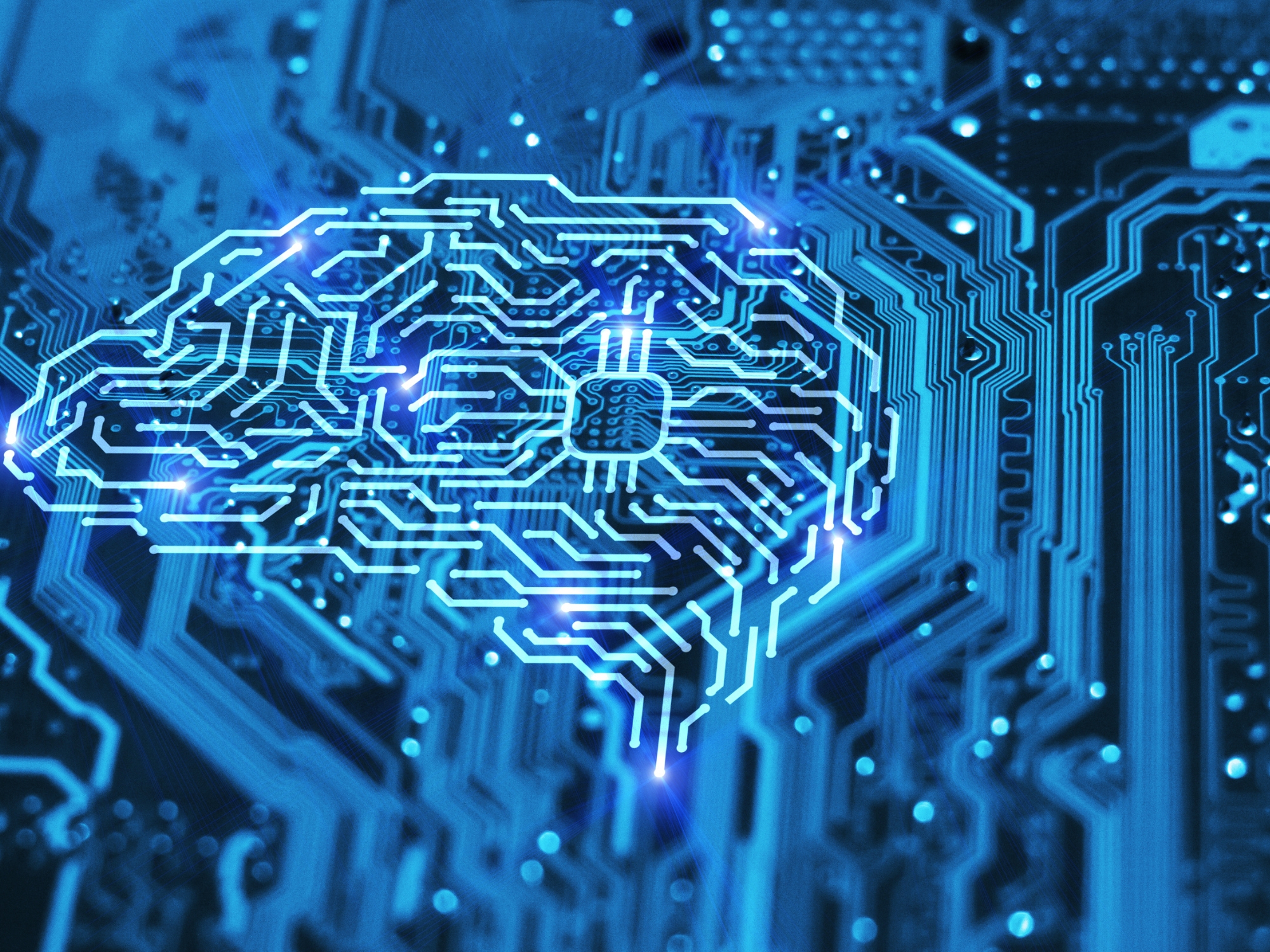When new technology meets the real world, dynamic challenges threaten to derail progress, like a self-driving car that struggles to perceive rapid changes in the environment and adjust.
The reason for that is uncertainty, and it's a challenge for all technology. Many of these ultra-smart new technologies are based on machine learning, which involves feeding data to machines that learn over time – they show improvement in performing tasks with repetition. However, in the real world, data is often limited, making it harder for machines to make accurate predictions and reactions.
Tan Bui-Thanh, an associate professor in the Cockrell School of Engineering's Department of Aerospace Engineering and Engineering Mechanics and core faculty at the Oden Institute for Computational Engineering and Sciences at The University of Texas at Austin, has recently received several grants to develop scientific machine learning models. These models take into account uncertainty and use underlying governing mathematical models to fill in data gaps, the same way our brains do. The result is the ability to use limited information and physics laws to create machine learning models which are able to do as much, or even faster than, real-time processing and predicting than models which rely on only the governing physics or that are purely data-driven.
